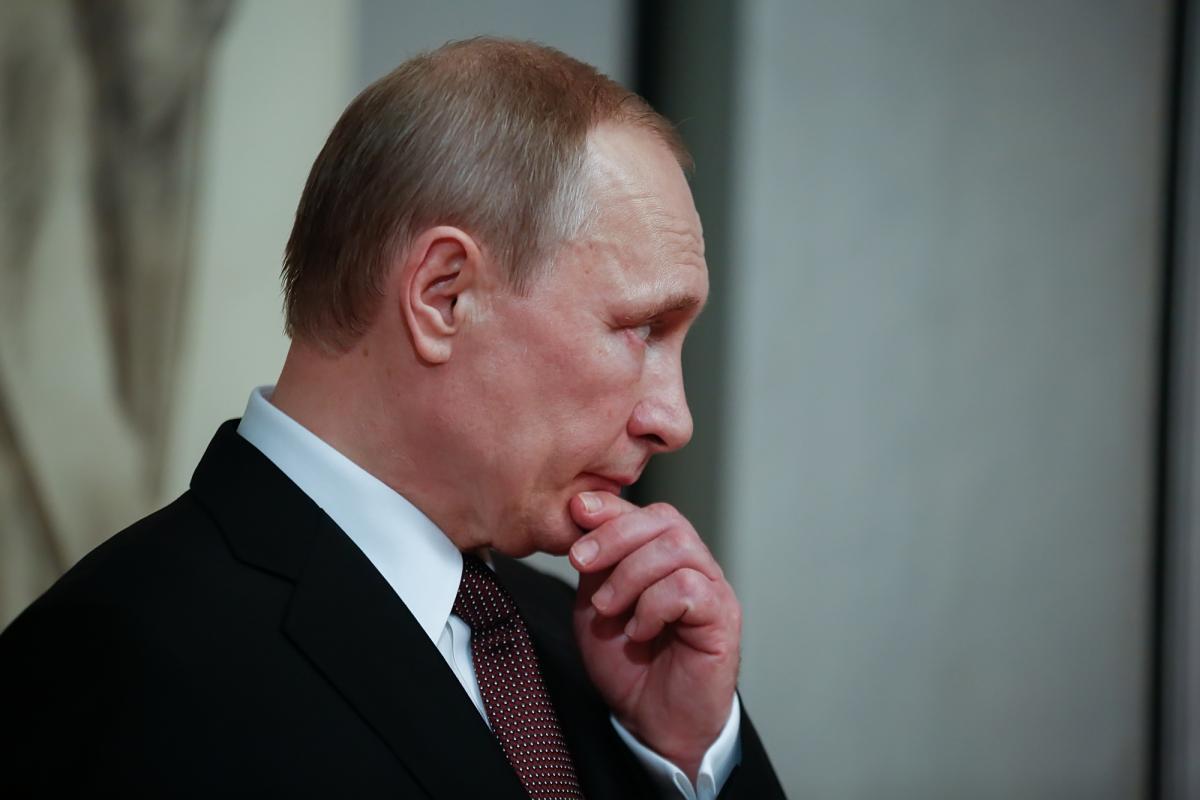
The Kremlin will not engage in peace negotiations until the Russian army manages to push the Ukrainian Armed Forces (UAF) out of the Kursk region. This is reported by the Russian opposition publication "Verstka", citing sources close to the Kremlin.
According to them, Putin is willing to discuss "at least a ceasefire," but not at this moment.
"We will conduct negotiations only from a position of strength," says a source close to the Kremlin. He explains that it is necessary to drive the UAF out of the Kursk region so that Moscow does not appear to have "backed down."
The Kremlin believes they have enough time for this, as negotiations mediated by the U.S. will not begin before January 20—the date set for Donald Trump's inauguration.
"In fact, there will be no negotiations until the UAF is stationed in the Kursk region. The goal is to remove them by the end of the year," explained a second source close to the Russian "president's" administration to "Verstka."
A third source adds that, at this moment, Moscow is not initiating direct negotiations. According to him, it will be Putin who should propose ending the war after Russian troops gain control over the entire territory of the Kursk region.
This same source claims that even before the UAF entered the Kursk region, there were plans to agree on halting mutual strikes on energy infrastructure, to eventually move towards negotiations to end the war. However, it was reportedly the UAF's operation in Kursk that disrupted these plans.
Prospects for Peace Negotiations
As reported by UNIAN, after his electoral victory, Trump held a series of phone conversations with European leaders. According to Bloomberg, in one of these discussions, he allegedly indicated that he intends to demand concessions not only from Kyiv but also from Moscow to achieve peace.
Analysts at the American Institute for the Study of War believe that, on the contrary, Putin is confident that Trump will listen to him in all matters and will effectively play on Moscow's side during the negotiations.